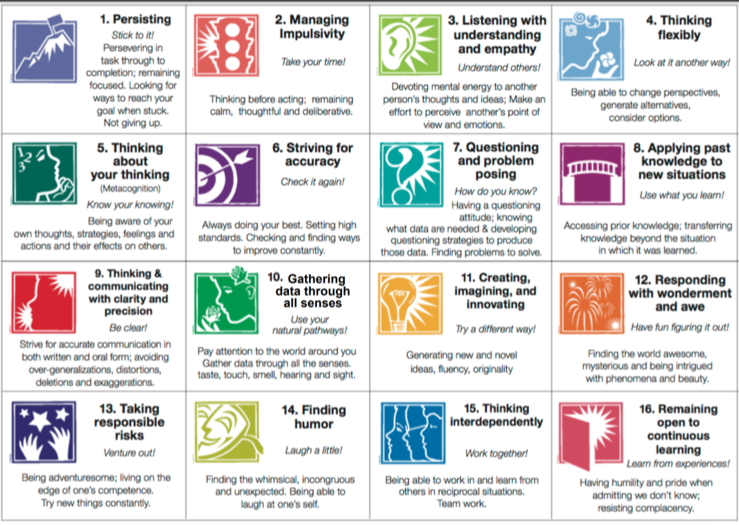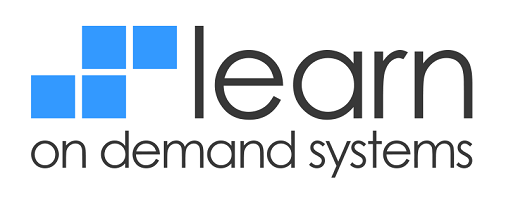By 2030, as many as 375 million workers’ jobs—approximately 14 percent of the global workforce—will change because of digital transformation, automation, and advancements in artificial intelligence. That’s according to the 2018 McKinsey Global Institute report, Jobs lost, jobs gained: Workforce transitions in a time of automation, which also stated that 66 percent of the global organizations surveyed said “addressing potential skills gaps related to automation/digitization … is a top 10 priority,” while almost 30 percent ranked it in the top five (learn more here). Some have characterized this change to be on the level of the Industrial Revolution.
As talent development professionals, what instructional design strategies can we use to address this massive gap in skills for the 21st century?
Because of the scope and complexity, we need to define strategies that enable employees to learn as quickly and effectively as possible. We need to re-examine the traditional lecture/lab/test approach and adopt instruction design models like Challenge-Based Learning, also known as “learning by doing.”
At its core, Challenge-Based Learning is a type of performance-based assessment. A challenge incorporates near real-time feedback with limited guidance to encourage applied learning by experimenting. Challenge-Based Learning facilitates the development of deep learning and problem-solving skills while reinforcing prior skills.
According to The Challenge Institute, “Challenge-Based Learning provides an efficient and effective vehicle for developing successful learning skills and habits.” It “elicits, supports the acquisition of, and … reinforces habits of mind,” which are defined as “key attributes exhibited by successful and intelligent problem-solvers.”

Source: Habits of Mind Institute
What Is the Psychology Behind Challenge-Based Learning?
A challenge creates a stimulus in your brain that forces you to use prior knowledge, problem-solving skills, strategic reasoning, creativity, insight, and perseverance to solve the challenge. In the process of solving the challenge, you use and develop several of the 16 Habits of Mind. According to Dr. Authur Costa, a professor at California State University, “When we draw upon these intellectual resources, the results that are produced are more powerful, of higher quality, and of greater significance than if we fail to employ those intellectual behaviors.”
Recently, the University of Washington’s Learning in Informal and Formal Environments (LIFE) Center and the Boeing Company, which each year offers over six million hours of instruction (face-to-face, online, and blended courses) to over 150,000 employees in 45 countries, conducted a study comparing Challenge-Based Learning to traditional lecture. According to the group’s published findings, “Of special interest was the Adaptive Knowledge content area, because prior research with novice engineers has shown the benefits of Challenge-Based Learning over traditional lecture on more cognitively complex knowledge in formal education settings and because the kinds of interactions supported by Challenge-Based Learning should support greater connectivity of learning.” Results showed that the “Challenge-Based Learning group significantly outperformed the traditional lecture group on the Adaptive Knowledge content area.” Adaptive Knowledge is linked to Habits of Mind 4, 7, 8, 10, 15, and 16.
Challenge-Based Learning is used by many organizations, such as Apple and Boeing, as well as universities, schools, and institutions worldwide. It has been shown to be more effective than traditional lecture-based learning for acquiring and leveraging adaptive knowledge. When faced with a challenge, a learner will use and develop several Habits of Mind; they question, think flexibly and interdependently, leverage prior experience, research to gather more information or data, and remain open for continuous learning. Challenge-Based Learning is an effective framework for training and development professionals to use to help address the skills needed for the 21st century.
Learn more about how you can incorporate Challenge-Based Learning into the content you are developing by utilizing Learn on Demand Systems.
Additional Reading
Martin, T. (2005, April). Measuring preparation for future learning in children’s mathematics: Instructional implications. Paper presented at the American Educational Research Association, Montreal, Canada.
Martin, T., Petrosino, A. J., Rivale, S., Rayne, K., Pierson, J., Svihla, V., & Diller, K. (2006, April). The Legacy cycle as a resource for curriculum development. Paper presented at the meeting of the American Educational Research Association, San Francisco, CA.
Roselli, R. J., & Brophy, S. P. (2006). Effectiveness of challenge-based instruction in biomechanics. Journal of Engineering Education, 95(4), 311–324.
You've Reached ATD Member-only Content
Become an ATD member to continue
Already a member?Sign In


